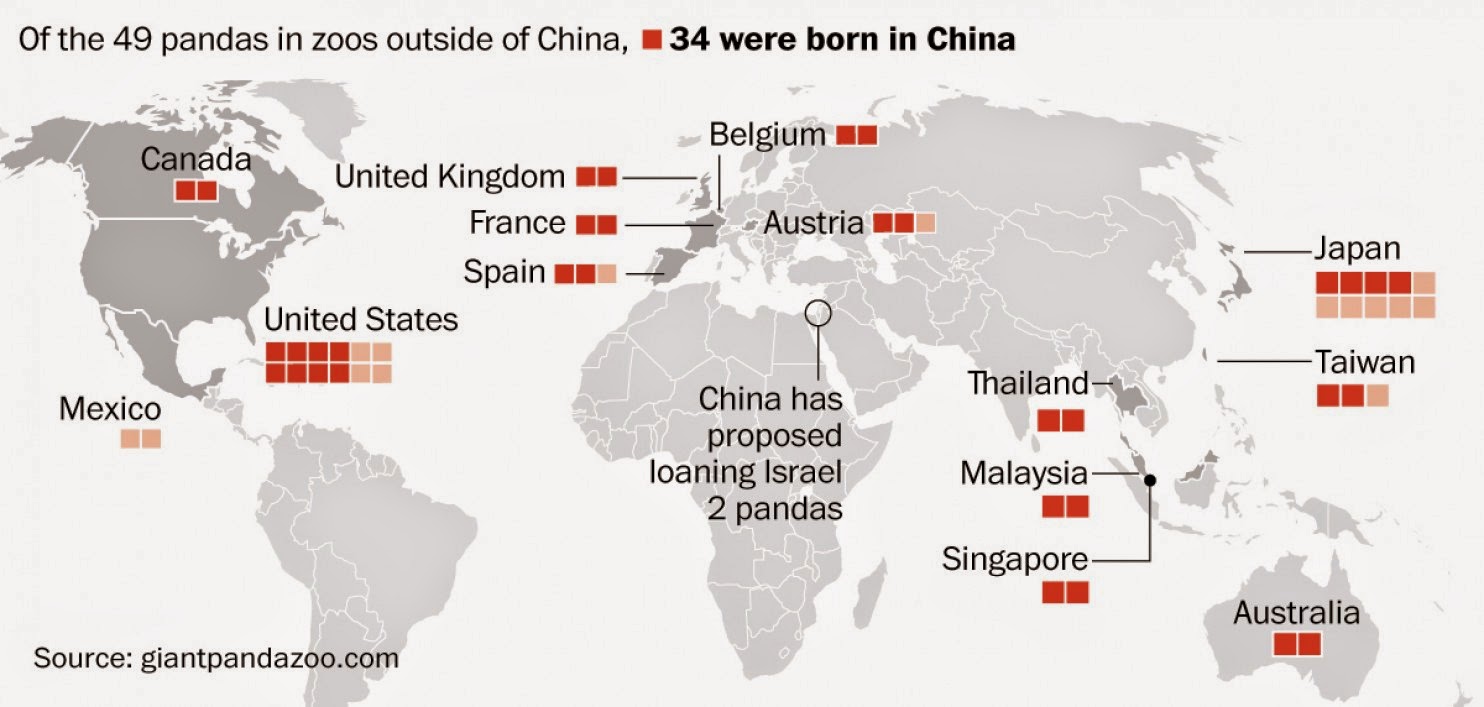 ERBIL, Kurdistan Region – China plans to open a consulate in
Erbil to take advantage of the Kurdistan Region’s economic boom, the
Chinese consul general in Iraq said in a meeting with Kurdish Prime
Minister Nechirvan Barzani.
ERBIL, Kurdistan Region – China plans to open a consulate in
Erbil to take advantage of the Kurdistan Region’s economic boom, the
Chinese consul general in Iraq said in a meeting with Kurdish Prime
Minister Nechirvan Barzani.The diplomat said his country wanted to boost economic and cultural ties with Kurdistan.
By opening a consulate China joins the other four members of the UN Security Council, which all have operating consulates in Erbil.
Barzani said that Erbil values its relations with China and its position in the world, and is therefore keen to boost relations.
Meanwhile, Kuwait’s foreign minister told a news conference in Baghdad that his country will soon open a consulate in Erbil, as well as one in the city of Basra in southern Iraq.
Subah Khalid Hamad Subah said that the consulates will facilitate visits and travel between Iraq and Kuwait, which enjoys good ties with Kurdistan and has a sizeable Kurdish population that has lived there for decades.
Kurdistan, which remains the only prosperous and stable portion of war-torn Iraq, has attracted many multinational corporations that have invested in the energy, construction and tourism sectors.


















